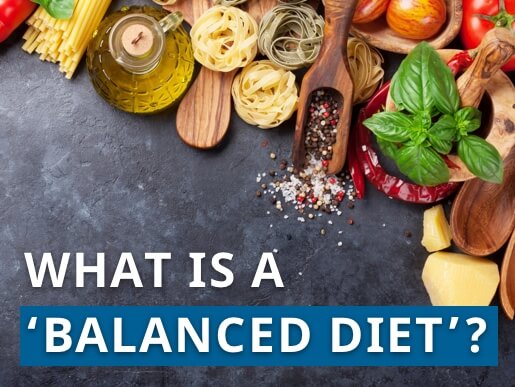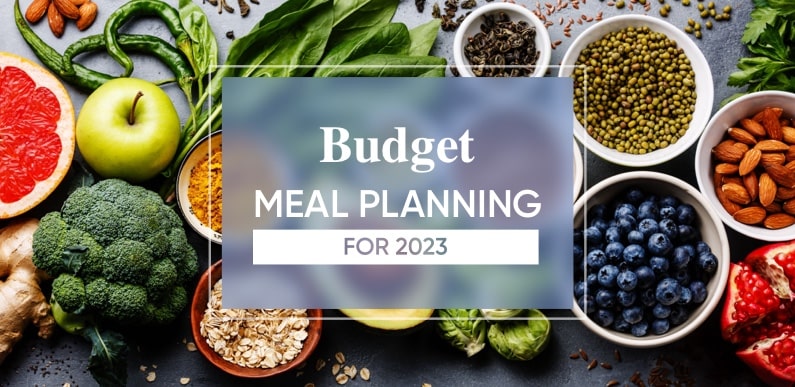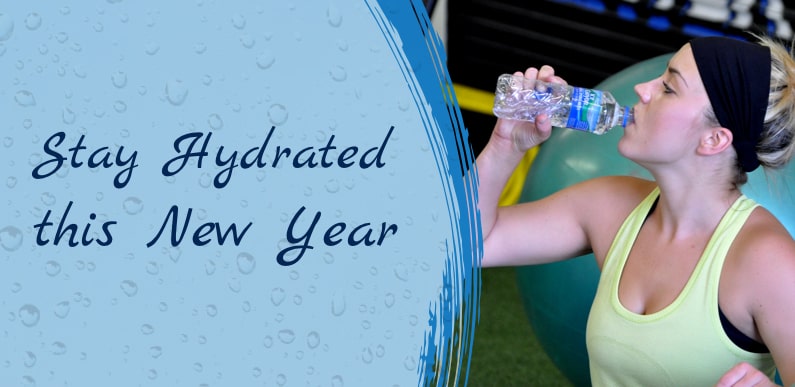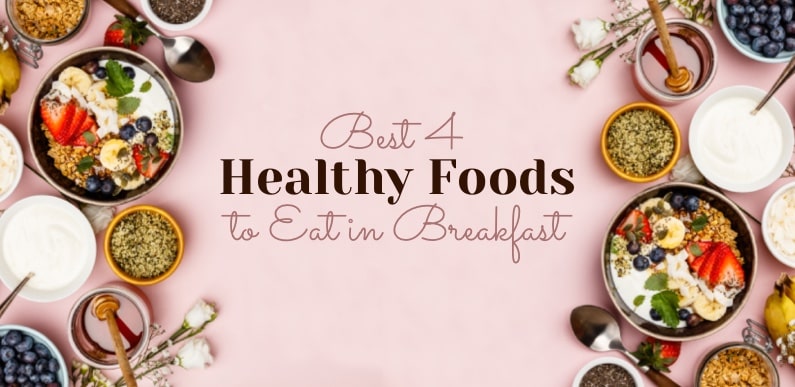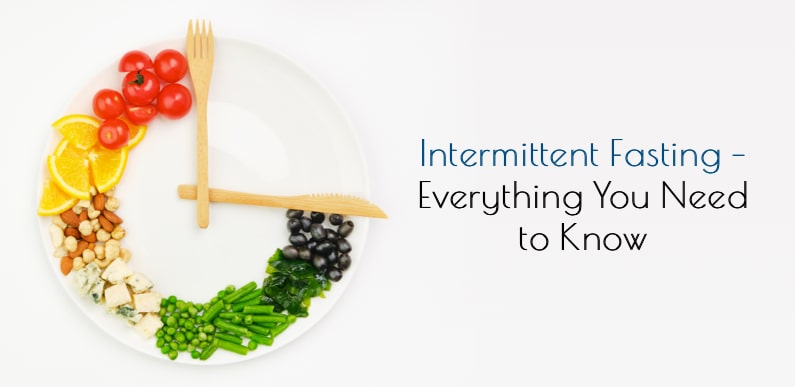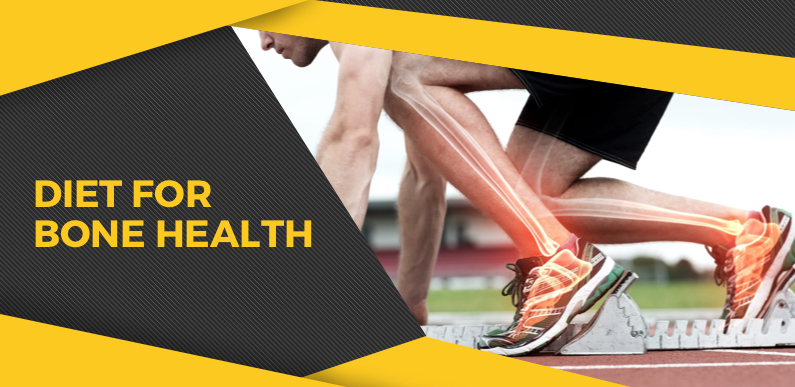What is a ‘Balanced Diet’?
We all know we have to eat a healthy diet. We all have an idea of what unhealthy and healthy foods look like. We’ve all heard that we need to have a balanced diet. But what does that mean?
If you want to add some more ‘balance’ to your diet, here’s what you need to know:
What is ‘balanced’?
Basically, a balanced diet is one that gives your body all of the nutrients that it needs to work properly throughout the day. It means different things for different people, but the basics are the same for everyone.
– Calories
Let’s start with calories. Calories are a way to measure the amount of energy in a certain food that your body can use.
Every day, no matter what you do, your body will burn a certain number of calories. The amount you burn will depend on how tall you are, how much you weigh, and how much you move throughout the day, among other things.
The more you move and the bigger you are, the more calories you will burn. If you burn more calories than you eat, you will lose weight. If you burn less than you eat, you will gain weight. If you stay within range, you will maintain your weight.
– Nutrients
Calories aren’t the only thing your body needs to run smoothly. It also needs a wide variety of different nutrients.
If you were to eat a 1,000-calorie plate of pasta and nothing else for the entire day, you would likely lose weight. However, that doesn’t mean you would be healthy, and you definitely wouldn’t be eating a balanced diet.
Your body needs nutrients such as protein, carbohydrates, fats, and vitamins. You can’t get everything you need from any one food group. You have to find the right balance that your body needs.
The foods you need to eat
The CDC recommendations below are based on a standard 2,000 calorie diet. You may need to eat more or less based on factors such as age, height, weight, and activity level.
– Fresh Fruits and Vegetables
Fruits and veggies are a staple of any healthy diet. They provide a ton of different vitamins, minerals, and antioxidants that help your body run smoothly.
CDC Recommendation: At least 1.5-2 cups/day of fruit and 2-3 cups/day of vegetables.
– Whole Grains
Many of the grains we eat are overly processed and remove the nutritional value of the food. Whole grains should be the major supplier of healthy carbohydrates to your diet.
CDC Recommendation: 5 to 8 ounces of grains/day, 3-6 ounces from whole grain sources.
– Fats and oils
Healthy fats are essential for energy and cell health. Too much is bad, but you need quality fats, like ones from olive oil, fatty fish, and avocados, to eat a balanced diet.
CDC Recommendation: Focus on quality, unsaturated fats
– Lean Proteins
Protein is the building block of muscle. Without protein, you will have a hard time building and maintaining muscle among other things.
– Dairy
Dairy is a vital source of nutrients like calcium and vitamin D. If you are dairy free, aim for products that are fortified with these nutrients.
CDC Recommendation: 3 servings of dairy per day
For more Nutrition-related blogs, click here.

